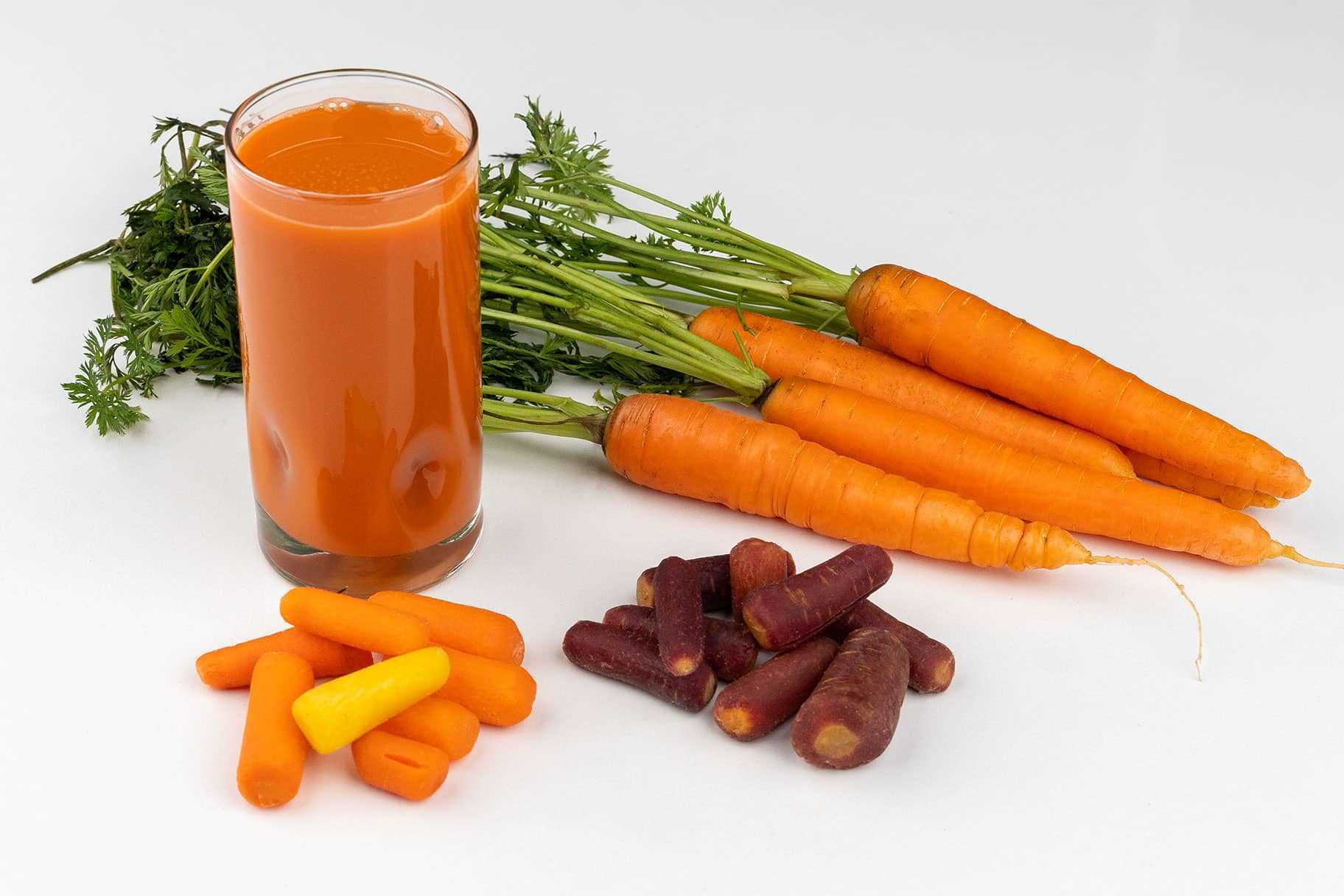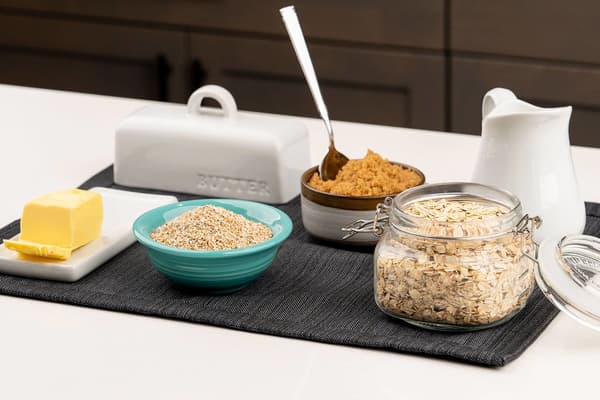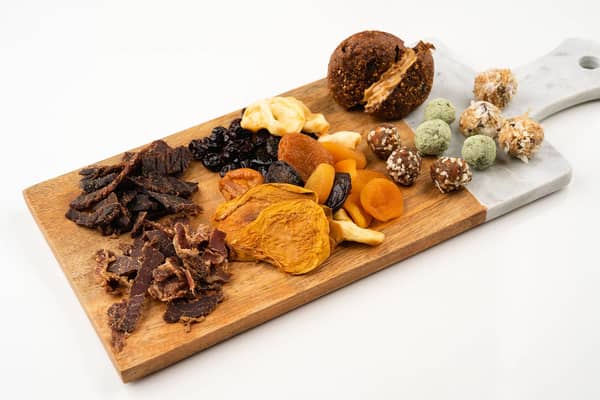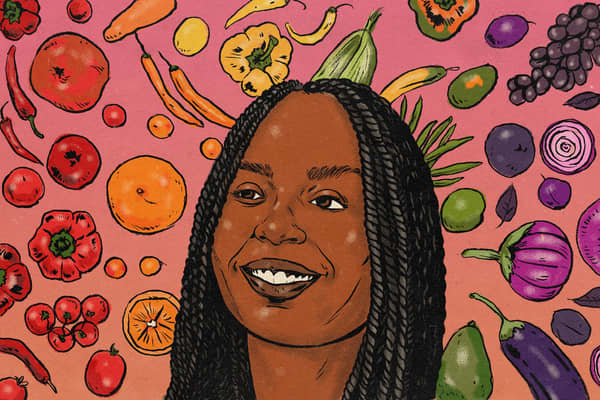3 Health Benefits of Carrots, According to a Registered Dietitian
Nutrition
This popular vegetable can help reduce inflammation and support your immune system.

Carrots are so much more than a vegetable that supports eye health. Eating carrots—which are loaded with nutrients that are associated with myriad health benefits—on a regular basis can help support your immune system and stave off chronic inflammation.
There are many different colours of carrots—and each colour offers unique health benefits. For example, orange carrots are a good source of vitamin A but they also contain beta-carotene (a precursor to vitamin A), powerful antioxidants and fibre. These nutrients play important roles in reducing inflammation, supporting the immune system and optimising gut health.
And, there are countless ways to enjoy carrots. Whether you prefer to eat carrots raw, roasted, blended into a soup or smoothie, or even dehydrated and enjoyed as healthy crisps, there is no one right way to reap their health benefits.
(Related: 4 Healthy Cookie Recipes, According to a Registered Dietitian)
3 Health Benefits of Carrots
1.May Reduce Inflammation in the Body
Before diving into the role that carrots play in warding off chronic inflammation, it's important to note that no single food can reduce inflammation on its own. Diet as a whole, exercise patterns and other lifestyle factors (not smoking cigarettes, for example) all help offset chronic inflammation.
However, one nutrient in carrots is responsible for their orange colour—and is also a potent antioxidant. Known as beta-carotene, this powerful plant pigment is abundant in orange carrots. So, how does beta-carotene help fend off inflammation, exactly? Antioxidants decrease inflammation by neutralising free radicals.
Free radicals are harmful molecules that can build up in cells and cause damage to DNA and vital proteins in the body. Over time, if not mitigated, this damage can lead to an increased risk of chronic diseases, such as cancer and heart disease.
Beta-carotene is a precursor to vitamin A, which means that when consuming beta-carotene, the body is able to produce vitamin A, versus consuming vitamin A directly from food. Vitamin A can be consumed directly from some foods (mainly animal sources) or it can be made in the body by consuming the components needed to make vitamin A, such as beta-carotene.
Another perk of vitamin A? It plays a role in supporting the immune system and when the immune system is working in tip-top shape, the body is able to quickly deal with inflammation, which helps decrease the risk of chronic inflammation.
2.Supports the Immune System
Another reason to eat foods rich in vitamin A, such as carrots, is that the immune system greatly benefits from the nutrient. In fact, nearly 100 years ago, vitamin A was dubbed the "anti-infective vitamin" because of its crucial role in immunity. For context, one half-cup serving (64 grams) of raw carrots accounts for 50 percent of men's daily vitamin A needs and just over 60 percent of women's daily vitamin A needs.
According to a review published in a 2018 issue of the Journal of Clinical Medicine, vitamin A is an integral part of the mucus layer of both the respiratory tract and the intestine. Although not the most pleasant to think of, mucus is a critical component of the body's ability to defend itself against harmful bacteria and viruses.
In addition to supporting mucus membranes, vitamin A is needed to support what is known as the innate immune system. The innate immune system is the body's first response to a harmful substance. Think of the innate immune system as the bouncer at the front door of a club, who makes sure no danger enters.
3.Good Source of Fibre
Fibre is an important nutrient that is mainly found in fruits, vegetables, nuts, seeds and wholegrains. If people don't follow a diverse diet, it can be hard to meet fibre needs.
According to a paper in a 2022 issue of the BMJ, much of the global population falls short of their fibre needs. However, exact fibre recommendations differ slightly throughout the world.
For Americans, the Academy of Nutrition and Dietetics recommends that adult women should aim to consume 25 grams of fibre per day and adult men should consume about 38 grams per day to maintain good health and prevent chronic disease.
An article, published in a 2017 issue of the American Journal of Lifestyle Medicine, noted that only 5 percent of American adults and children meet fibre recommendations. Fibre is important for optimal digestion, as it prevents constipation, regulates blood sugar levels and lowers LDL cholesterol levels. And carrots offer a healthy amount of fibre.
For context, one cup (128 grams) of chopped carrots contains about four grams of fibre, roughly the same amount of fibre present in one cup (234 grams) of cooked oatmeal, except with almost 50 percent fewer grams of carbohydrates.
Adding raw, pre-shredded carrots to smoothies, to a baking tray meal or just snacking on them with your favourite dip is an easy way to work towards your fibre needs.
(Related: 4 One-Pot Meals To Make After a Workout, According to a Registered Dietitian)
The Bottom Line
Before you start chomping on carrots all day, every day, there is one thing you should know. Beta-carotene is a fat-soluble compound, meaning it must be consumed with fat in order to be adequately absorbed—and the same is true for vitamin A. Roasting carrots in olive oil, pairing raw carrots with guacamole or making a carrot soup with full-fat coconut milk is a great way to pair fat with this vegetable.
Words by Sydney Greene, MS, RDN.





